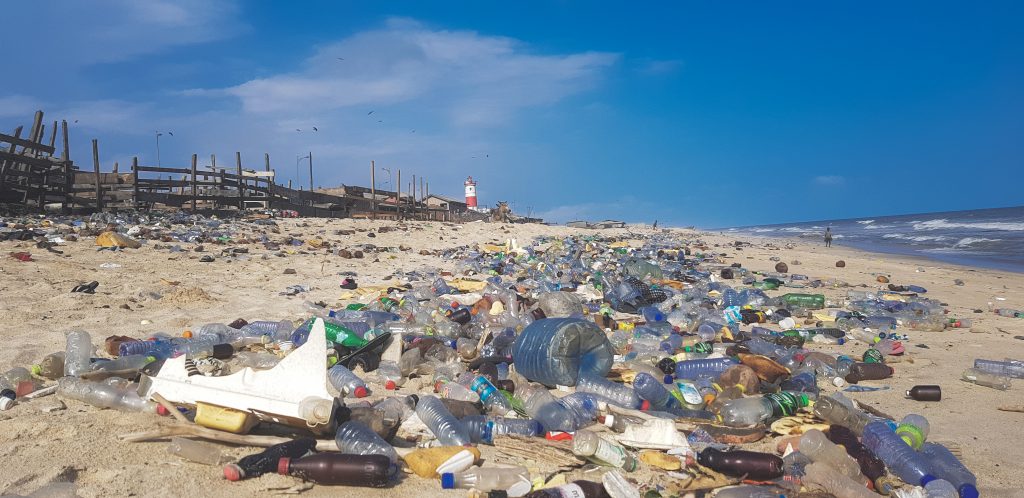
credit: google images
The single-use plastic ban will be in force by 2021 after the Trudeau government’s approved the bill this January.
Soon, we will not see plastic straws, take-out containers and grocery bags in the markets. That’s good news but does Canada really need this ban? Or a better question is, will this single-use plastic ban do any good to the environment?
The Draft Science Assessment of Plastic Pollutions report says only 1 percent of the plastic waste entered the environment in 2016. Out of that portion, 49 percent comes from the single-use plastic, which is relatively a small amount.
This means Canada has been fairly vigilant about its waste management and Canadians are doing a relevantly better job at keeping the plastic waste out of the ecological cycle. Moreover, this shows that only less than a percent of plastic packaging is not being disposed of properly.
Our social media feeds are often flooded with harrowing images of plastic waste filling our ocean basins and destroying marine life. It is understandable and it is high time that we should work towards reducing our waste contribution towards our dear planet.
But has Canada been doing any lesser than expected when it comes to managing single-use plastic waste?
A report suggests that Canada produces 1.15 million tonnes of plastic waste every year. Although it’s a huge amount, it falls under the lesser affecting or polluting countries. On the other hand, China and the United States are two of the highest plastic polluters in the world, with over 80 million tonnes of plastic waste produced every year combined.
Canada is not contributing to serious issues arising from plastic pollution, bravo! And the credit goes to the modern waste management system. No doubt, Canadians spend some significant amount of time standing near dustbins, consciously deciding which bin does their trash belongs to. Whether they realize it or not, it is an important element of litter control.
Moreover, the Canadian waste management model is certainly impressive- dealing with landfilling, incineration, or recycling methods with precision.
Now that the ban is in progress and the citizens support it whole-heartedly, the question is- Will the ban contribute to saving the plastic waste crisis or the Canadians are simply following the trend of banning plastics like the European Union, Australia, and India?
The United Nations had raged a war against single-use plastics in 2017, raising an international alarm and asking countries to come forward and take necessary steps to cut down on plastic waste.
The ban on plastics was implemented way faster in Asian countries, considering the poor waste management systems. China banned single-use plastics in 2017, whereas, Bangladesh was the first country in the world to ban thin plastics in 2002.
Even after the crisis was notified, Canada took more than two years after the UN’s declaration to introduce the single-use plastic ban bill. In the meanwhile, Canada produced about 6 million tonnes of plastics waste since 2017. The amendment, now approved, will require one year before it comes to force. The ban will be implemented under the Canadian Environmental Protection Act, 1999.
The truth is that whether the ban was implemented or not, it will not bring any significant change in our lives. It is an important step to take off the one-time-use plastic from circulation but the ban will not protect us from the consumption of micro-plastics that has already entered our soil, water, and food chain. Guess what? it is also a part of our dear beers now!
Nevertheless, plastic is being banned all across the world because it cannot be avoided anymore.
The ban is an appreciated step but it is important to focus on the litter management and stronger policies on waste disposal.